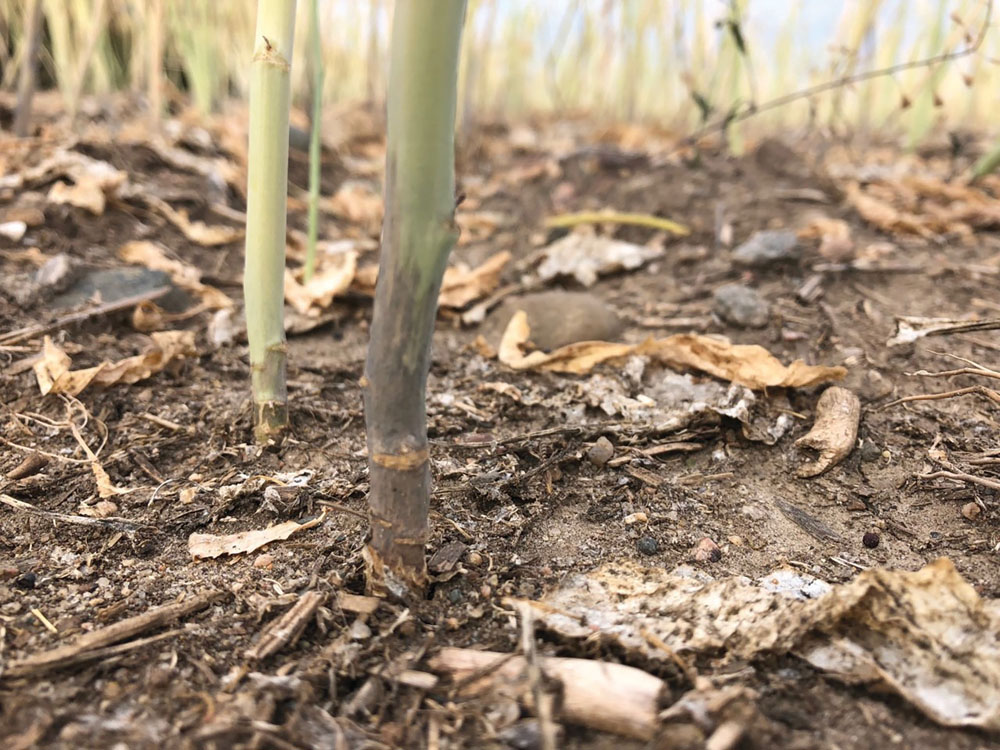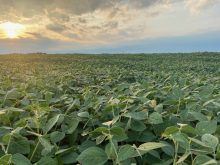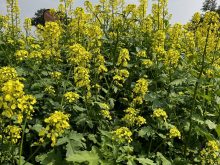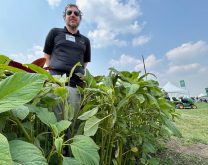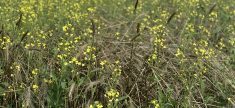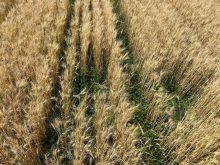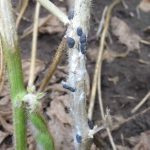
John, who grows mainly wheat, canola and peas on his farm near Canora, Sask., called me in late August to report a problem his swather operator had spotted while swathing a canola field.
Within the field, he said, there were numerous patches with canola plants that were undersized and had odd-coloured stems. John hadn’t seen anything like this before in his canola fields, and he asked me to come out to have a look for myself.
When I arrived at the field, I observed there was no pattern to the patches — for example, they weren’t only in the low spots.
I could see the affected canola plants were stunted and had prematurely ripened. The field had been swathed, so the discoloured stems that John had referred to were clearly visible. When I pulled up a few plants to have a look at the roots, they appeared to be normal.
I didn’t detect much in the way of insect damage in the field, and there were no red flags when I questioned John about his weed control program, indicating that herbicide carry-over wasn’t to blame.

I also asked John about the field history, and when he told me the field had a two-year rotation and the same variety of canola had been grown there the last few seasons, I began to suspect it was disease causing the problem in John’s canola crop. But which one?
Crop Advisor’s Solution: Blackleg to blame for John’s ailing canola
I knew then the symptoms across John’s canola field were likely due to increased disease pressure and blackleg was the most likely culprit. This was confirmed when I clipped the stems near the base of the affected plants and observed stem rot, which is characteristic of blackleg.
Blackleg is a crop residue-borne disease, and the number of spores it produces is greatly reduced when there is at least a two-year break between canola crops in a rotation. The main preventative measure for blackleg, therefore, is to use at least a three-year rotation, which wasn’t the case in John’s canola field.
Read Also
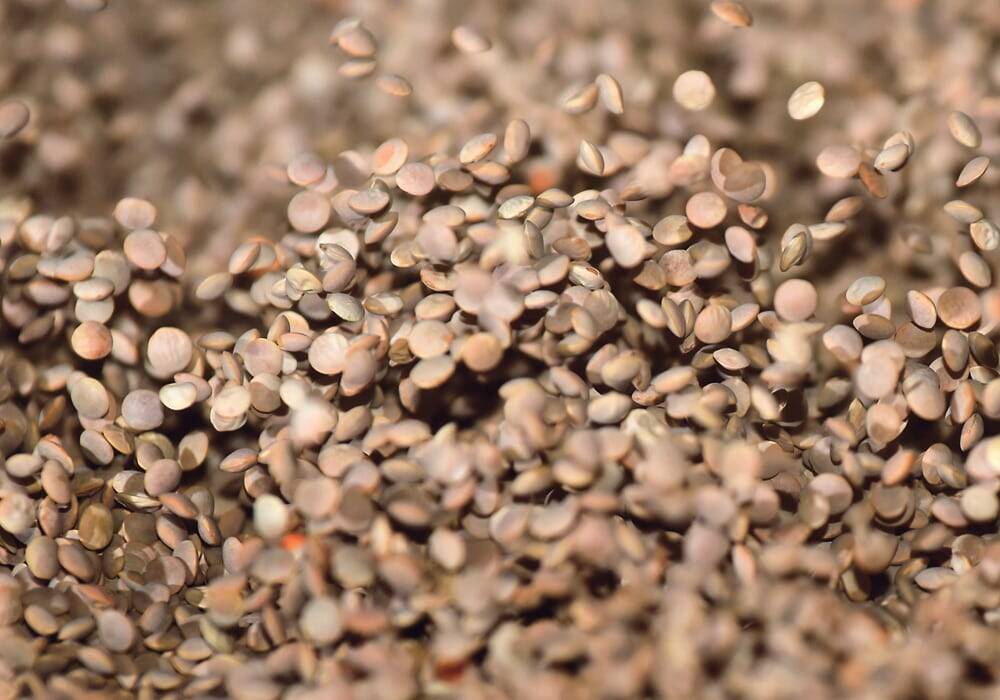
India likely to triple lentil import duty
Analysts anticipate India hiking duties to 30 per cent after March 31 to bolster domestic prices on expectation of strong harvest.
The other recommendation to prevent the occurrence of blackleg in canola is to switch up varieties and use new genetics that contain different blackleg resistance genes. If varieties with the same genetics are used repeatedly, the disease strains that don’t match the resistance genes begin to dominate, thereby increasing the risk of blackleg infection.
John assured me he’d proactively take steps to avoid another blackleg outbreak from happening next year by switching to canola varieties with different blackleg resistant packages and that he would also work toward increasing the length of his crop rotation.
John and I also discussed how he could mitigate the severity of blackleg infections in the future by regularly scouting for blackleg and utilizing an appropriate fungicide when necessary to help ward off the disease.
Tess Strand, CCA, 4R NMS, TechAg, works for Richardson Pioneer Ltd. in Wadena, Sask.
Professional designations: Editor’s note
We noticed that Tess Strand had some professional designations we hadn’t used in this magazine before, so we thought we’d provide a quick refresher on what all these letters mean.
PAg: Professional agrologist with a four-year university degree
4R NMS: Nutrient management specialist
CCA: Certified crop advisor
BSc: Bachelor of science university degree

